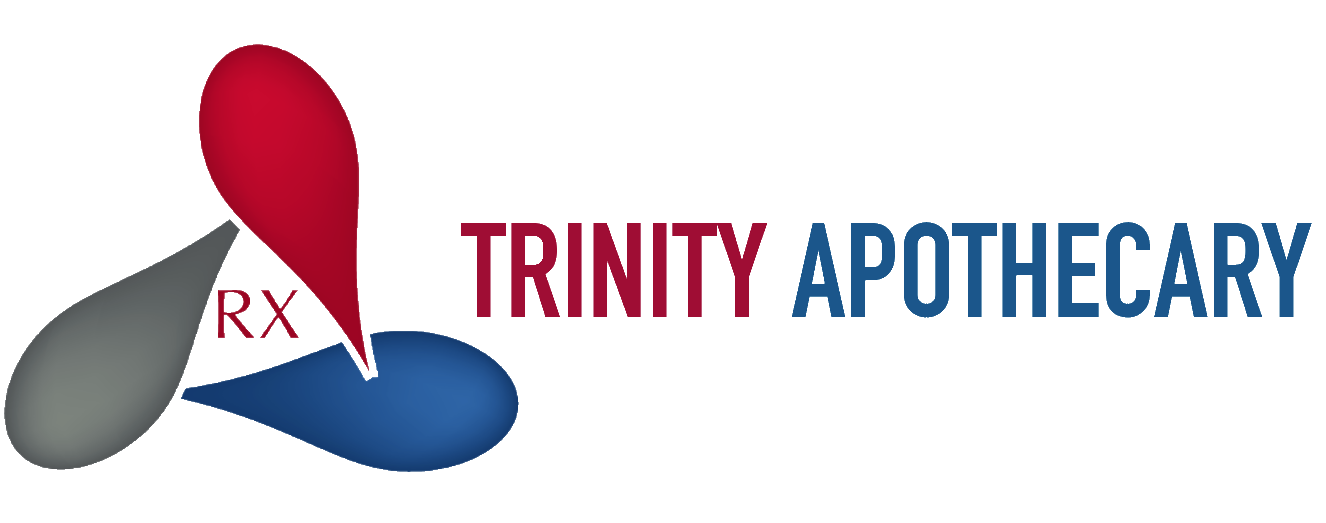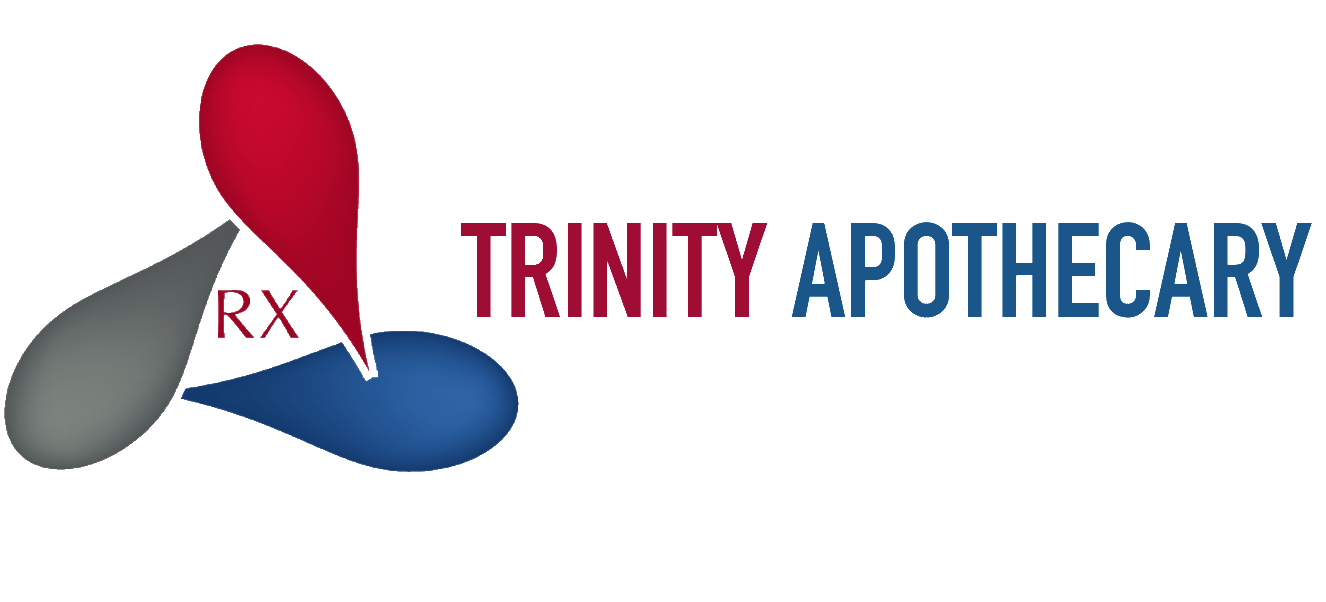How Prescription Medications Are Priced?

The majority of patients are unaware of what prescription drugs actually cost. They know the amount of the co-pay they hand over each month, but they have no idea what it costs your pharmacy to obtain, safely dispense and get reimbursed for their medications.
This lack of awareness by patients creates a misconception that can be detrimental to their health, and clouds the general understanding of the value of medication therapy in an overall health plan design.
Patients don’t know the specifics about the current reimbursement model in which your pharmacy is required to participate. They don’t know that after submitting a claim to a PBM, your pharmacy could end up essentially paying the PBM to dispense that drug. They certainly don’t know that the profit PBMs gain from that don’t go back to their employer.
Patients might not even understand that your pharmacy must wait for reimbursements every month for almost every drug you dispense. Patients are often shocked to find out that around 90 percent of the average pharmacy’s claims are paid via a complicated “I.O.U.” system. Even physicians often don’t know what medications and treatments cost.
Pharmaceutical companies, drug manufacturers and PBMs are often unwilling to tell the public the price of a product. Why? Because the world of drug prices, generic and brands, patents and manufacturer rebates is a complicated one, and any cost that is hidden or confusing is easy to inflate.
Without understanding the cost to produce drugs and the payment process behind the pharmaceutical industry, patients will never advocate for their hometown pharmacists to receive compensation for their valuable counseling and other healthcare–providing services. If uninformed, they’ll never be willing to pay for those services.
The current PBM reimbursement system has caused pharmacists’ value to be inextricably tied to the “dispensing” of a product. Without the product being part of the “transaction”, the role of the pharmacist has been viewed as having little value.
If a pharmacist counseled a patient and informed the patient that a prescribed medication therapy would be harmful to the patient, should the patient (or the plan sponsor) pay the pharmacists for that service? What if that advice avoided a costly hospital stay for the patient and plan sponsor? What if that advice saved the patient’s life? Under the current PBM reimbursement system, the pharmacist would receive no payment for that critical service, for that craft honed through years of education, professional practice and focused care.
Take every opportunity you can to explain a portion of the pharmaceutical payment model to patients. Chances are, they’ll listen to their trusted pharmacist. And, maybe eventually bring up issues with their plan sponsors. Without change coming from the patient level, your pharmacy can’t hope for it either.

